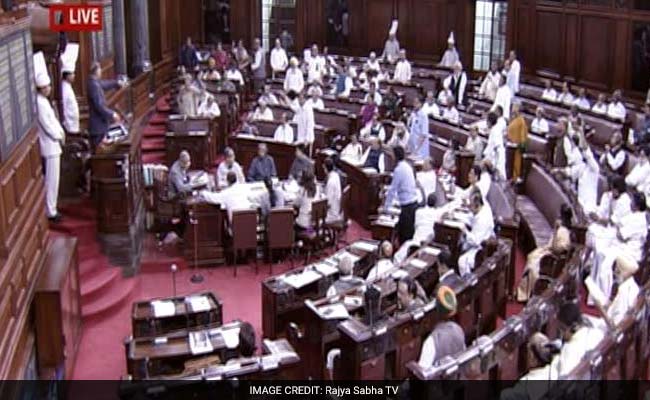
A bill to implement India's biggest tax reform, the Goods and Services Tax (GST), is being debated and voted on in the Rajya Sabha or Upper House of parliament today. With the government building consensus, the 122nd Constitutional Amendment Bill is expected to be passed.
Your 10-point cheatsheet on GST
The passage of the key constitutional amendment will resolve crucial issues needed to transform India's $2 trillion economy and 1.3 billion consumers into a single market for the first time.
GST will replace all indirect taxes currently levied on goods and services like VAT, excise, octroi, luxury tax etc.
Today's bill seeks to amend the Constitution and so needs two-thirds of the 243-member Rajya Sabha to back it. That means 162 votes in support are required today for the bill to pass.
The vote this evening will fire the starting gun in a legislative marathon in which parliament and state assemblies have to pass further laws determining the rate and scope of the tax.
A majority of state legislatures or at least 15 of India's 29 states will need to pass the GST amendment, which will establish a GST Council to finalise key terms of the new tax. GST does not apply to Jammu and Kashmir in its current form.
The government has made several changes to the bill after consultations with opposition parties. It has scrapped a proposal to allow manufacturing states to levy a 1 per cent tax on goods in inter-state trade.
It has instead specified compensation for five years for the states which will lose revenue because of GST, which earns states revenue from consumption. It has also called for a standing mechanism to settle disputes between the Centre and states.
GST will allow seamless flow of goods and services between states, which currently have disparate taxes, making India one marketplace. It is expected to improve ease of doing business.
India is already the world's fastest growing large economy, expanding by 7.9 percent year-on-year in the March quarter. Economists at HSBC forecast a boost of 0.8 percentage points from GST within three to five years.
Most chief ministers, including those of the Left and the Congress, now back GST. J Jayalalithaa of the AIADMK in Tamil Nadu still opposes it. Her party is expected to speak against the bill in parliament today and may walk out before the vote.

